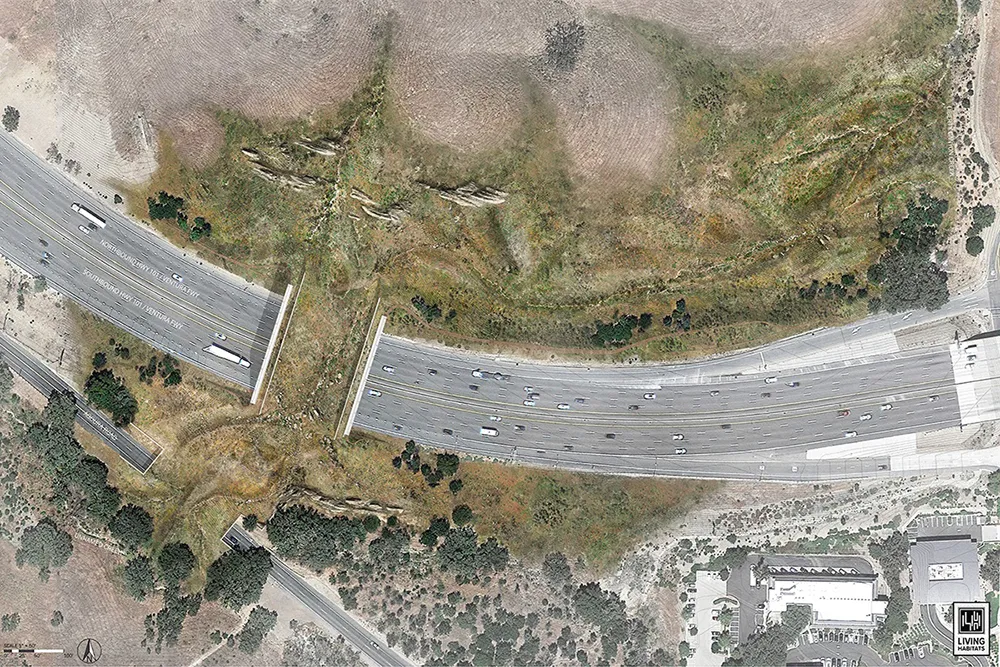An engineering consortium made up of Brazil's Mendes Junior and Spain's Isolux Corsán could be stripped of its US$208 million contract to build part of the northern stretch of the Mario Covas beltway surrounding the city of São Paulo.
The consortium, led by Mendes Junior, is having difficulty honouring commitments due to a lack of cash flow and, according to São Paulo state highway company Dersa, it is not completing works according to the contract schedule signed in January 2013, local paper Folha de Sã
April 10, 2015
Read time: 2 mins
RSSA consortium of Brazil's 6871 Mendes Junior and Spain's 1954 Isolux Corsán could lose its US$208 million contract to build part of the northern section of the Mario Covas beltway around the Brazilian city of São Paulo.
The consortium, led by Mendes Junior, is falling behind schedule because of cash flow problems, according to São Paulo state highway company5947 Dersa. The deal was signed in January 2013, local paper Folha de São Paulo reported.
If matters do not improve this month, "it is very likely that we will terminate our agreement based on a breach of contract," Dersa president Laurence Casagrande was quoted as saying.
The 180km Rodoanel Mário Covas beltway is partially with a radius of around 23km from the geographical centre of Sao Paulo. It was named after Mário Covas, mayor of the city between 1983–1985 and a state governor from 1994-2001 until his death from cancer. It is a controlled access highway with a speed limit of 100kph.
The northern segment is the last of the bletway’s four sections to be built. Construction of Dersa’s stretch of the northern section was originally scheduled to be completed last year but was rescheduled to January 2016. However, at the beginning of this year, Dersa pushed back the completion date to the first half of 2017.
If terminated, Dersa could transfer the work to local construction company4740 Odebrecht, which submitted the next best offer for the contract. If not, a new tender for the remaining work could be launched, according to the news report.
Mendes Junior is one of many engineering companies under investigated by the federal government's so called car wash corruption probe.
The consortium, led by Mendes Junior, is falling behind schedule because of cash flow problems, according to São Paulo state highway company
If matters do not improve this month, "it is very likely that we will terminate our agreement based on a breach of contract," Dersa president Laurence Casagrande was quoted as saying.
The 180km Rodoanel Mário Covas beltway is partially with a radius of around 23km from the geographical centre of Sao Paulo. It was named after Mário Covas, mayor of the city between 1983–1985 and a state governor from 1994-2001 until his death from cancer. It is a controlled access highway with a speed limit of 100kph.
The northern segment is the last of the bletway’s four sections to be built. Construction of Dersa’s stretch of the northern section was originally scheduled to be completed last year but was rescheduled to January 2016. However, at the beginning of this year, Dersa pushed back the completion date to the first half of 2017.
If terminated, Dersa could transfer the work to local construction company
Mendes Junior is one of many engineering companies under investigated by the federal government's so called car wash corruption probe.







